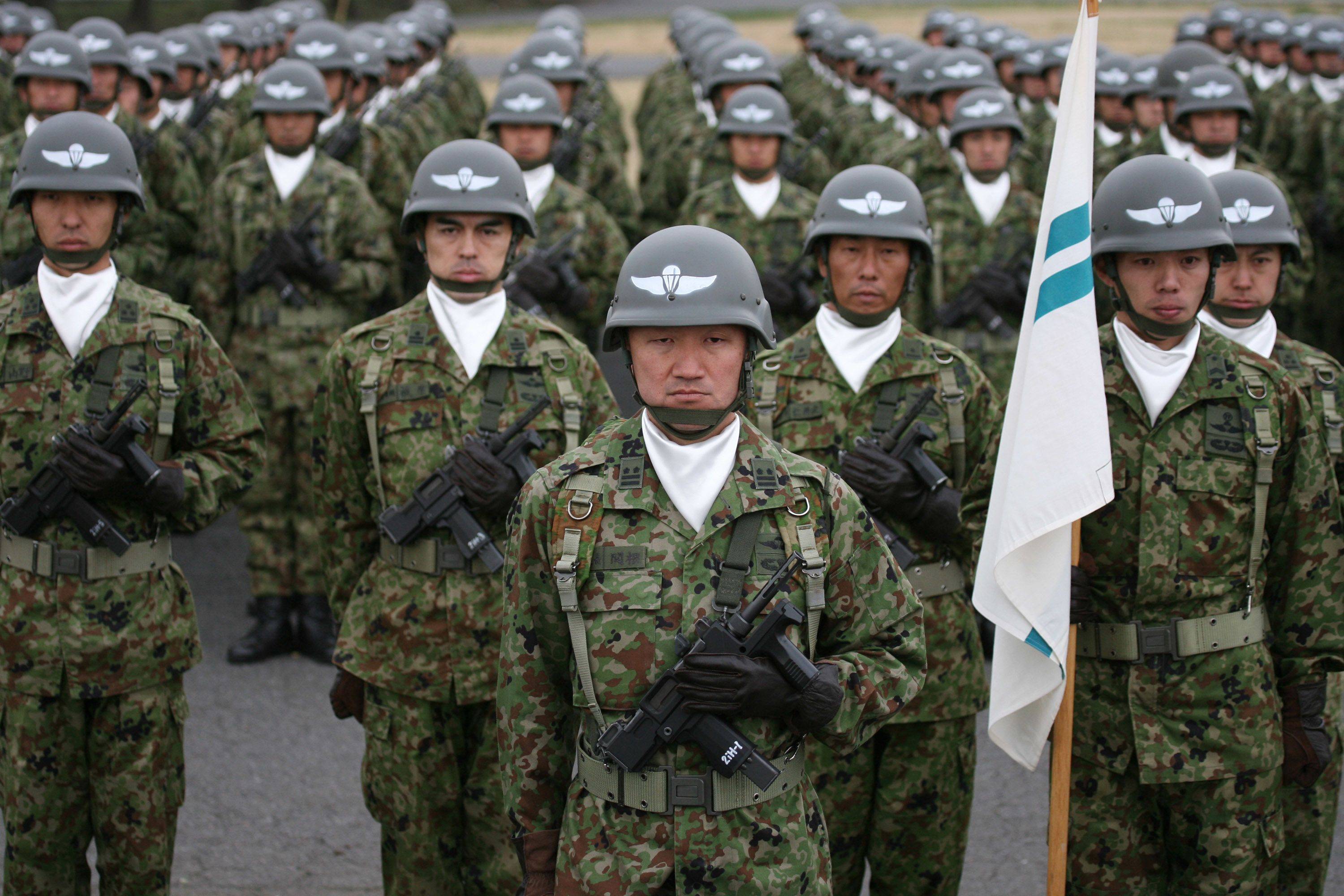Eight years ago this month, the Japanese parliament passed the Act on the Protection of Specially Designated Secrets amidst protest and consternation from both foreign and domestic sources.
The operative assumption from those critics was that the new law would restrict freedom of information and make the Japanese government increasingly opaque. Some even fretted that it would lead to undue prosecution of journalists and whistleblowers. In other words, the view was that the law was a threat to Japanese liberal democracy.
In reality, the intent of the law was to counter security risks in the country and to bring the Japanese government up to international standards for information security. Over the past seven years that the law has been in force, the Japanese government has applied its terms cautiously and incrementally in trying to address the core objectives underpinning the secrets protection law.



















With your current subscription plan you can comment on stories. However, before writing your first comment, please create a display name in the Profile section of your subscriber account page.